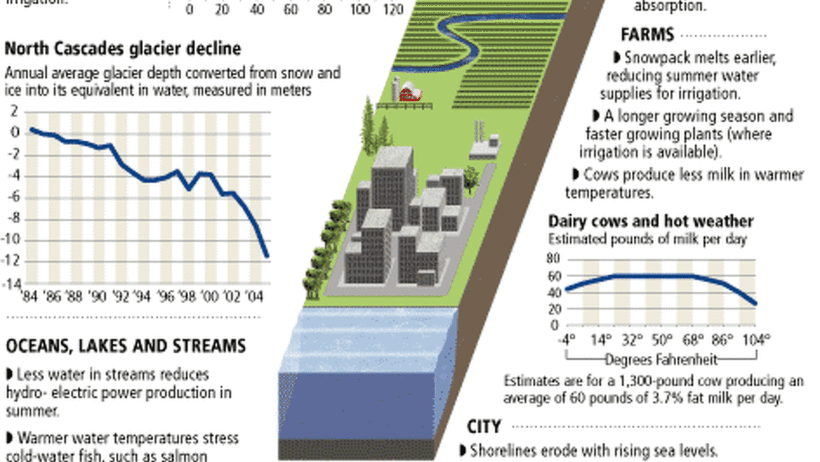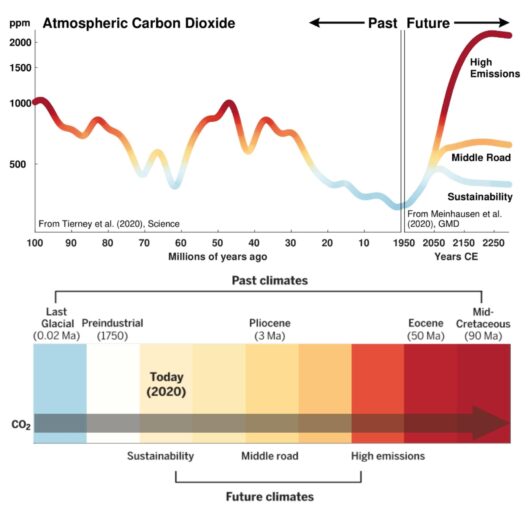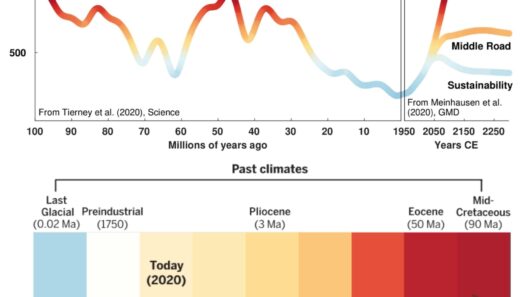As the world grapples with the undeniable impacts of climate change, a question arises: how confident are scientists in asserting that human activities are the primary drivers of global warming? This inquiry is not merely academic; it is fundamental to understanding the urgency of the climate crisis and crafting effective responses. Let’s delve into the extensive body of research that underpins the scientific consensus, exploring the robust evidence that attributes climate change predominantly to anthropogenic factors.
The scientific community’s consensus on human-caused climate change is strikingly robust. According to a multitude of peer-reviewed studies, upwards of 97% of climate scientists agree that human activities, particularly the burning of fossil fuels, deforestation, and industrial processes, are the primary contributors to the observed rise in global temperatures. This statistic, while compelling, serves as a mere entry point to a much more intricate panorama of scientific discovery.
To understand this confidence, it is essential to consider the methodology employed in climate science. Researchers utilize a multifaceted approach that integrates data from diverse fields such as atmospheric science, oceanography, and geology. Climate models, for instance, are sophisticated simulations that explore the Earth’s climate system’s responses to various forcings, including greenhouse gas emissions. By examining historical climate patterns, scientists can differentiate between natural variations and those induced by human activity.
One of the cornerstone phenomena analyzed is the correlation between carbon dioxide (CO2) levels and temperature changes. Ice core data reveal the Earth’s historical CO2 concentrations, providing a baseline for analysis. These records indicate that current CO2 levels, exceeding 400 parts per million, are unprecedented in the last 800,000 years. The juxtaposition of rising CO2 levels and concomitant temperature increases since the Industrial Revolution is not merely coincidental; it constitutes a clear indication of human influence.
However, does correlation equate to causation? Critics often challenge the direct linkage between human activity and climate change, positing alternative explanations, such as solar cycles or volcanic activity. While these factors indeed play roles in climate dynamics, the overwhelming preponderance of evidence delineates human-induced emissions as the predominant force driving the recent dramatic changes in climate. Research pinpoints that natural factors alone cannot account for the rapid increase in global temperatures witnessed over the past century.
The Intergovernmental Panel on Climate Change (IPCC), an authoritative body comprising thousands of scientists from various disciplines, tirelessly synthesizes this evidence. Their periodic assessment reports consistently reaffirm the assertion of anthropogenic global warming. Each iteration of their findings culminates in increasingly stringent statements regarding the likelihood that human actions are responsible for the observed climate changes. In the latest report, the IPCC concluded that it is “unequivocal” that human influence has warmed the atmosphere, oceans, and land, with profound implications for ecological and human systems alike.
Moreover, the potential consequences of inaction raise ethical considerations that cannot be overlooked. As climate change exacerbates extreme weather events, threatens biodiversity, and endangers food and water security, the implications of scientific findings compel us to confront not only the physical realities of a warming planet but also the moral obligations we bear towards current and future generations. In light of this, one must ask: are we prepared to face the ramifications of skepticism? The future of countless species may hinge on our responsiveness to this knowledge.
Data derived from the National Oceanic and Atmospheric Administration (NOAA) and other reputable sources further consolidate the scientific community’s position. Long-term temperature records, patterns of glacial retreat, and shifting weather extremes serve as empirical testimonials to the unfolding crisis. The frequency and severity of heatwaves, hurricanes, and floods are not merely anecdotal; they are manifestations of the climatic shifts directly linked to human actions. Such observations underline the urgent need for remedial actions and adaptations.
Despite the overwhelming consensus, a playful challenge persists in public discourse. In a society rife with misinformation, how do we distill scientific truths from the cacophony of competing narratives? Engaging in robust dialogue, championing scientific literacy, and fostering critical thinking are crucial to overcoming barriers that sow doubt and confusion. As advocates for environmental stewardship, the task remains to empower individuals with knowledge, transforming skepticism into an impetus for change.
Engagement with science should not be esoteric. It demands inclusivity, ensuring that people from all walks of life can grasp the stakes involved in climate action. Interactive educational initiatives, conservation projects, and community discussions can bolster understanding and enlist a broader base in the fight against climate change. This multifaceted approach echoes the complex nature of Earth’s climate system itself, wherein each agent—social, ecological, and economic—intertwines to produce outcomes that can either exacerbate or mitigate the adverse effects of global warming.
As we navigate this treacherous terrain, it becomes increasingly evident that arming ourselves with factual, scientific data is not simply an academic pursuit; it is a crucial act of civic engagement. The overwhelming consensus among scientists on human causation of global warming provides a clarion call for immediate and concerted action. The imperative to alter our trajectory—to transition to sustainable energy, foster resilience in the face of climate impacts, and preserve our planet for generations to come—has never been more urgent. Let us rise to this challenge, fortified by knowledge, ready to advocate for the Earth with informed and deliberate action.






